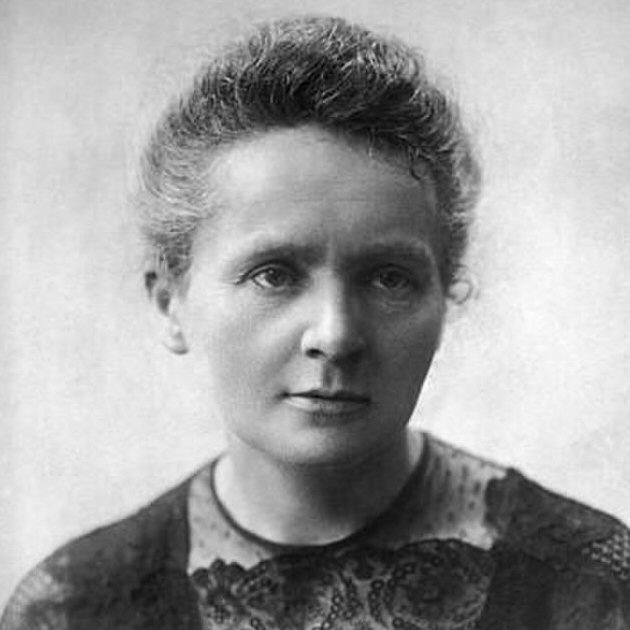 |
"Bias & Bigotry" |
||||
| More... |
Marie Curie, the pioneering physicist and chemist, was born Maria Skłodowska on November 7, 1867, in Warsaw, Poland, to Bronisława and Władysław Skłodowski. Raised in a family that prioritized education and intellectual curiosity, Curie developed a passion for science at an early age, despite facing barriers to higher education as a woman in late 19th-century Poland. Curie's scientific breakthroughs unfolded against the backdrop of a rapidly changing world, marked by advances in technology, industrialization, and the burgeoning field of modern physics. Despite societal expectations and gender norms that discouraged women from pursuing careers in science, Curie's relentless pursuit of knowledge and her groundbreaking research on radioactivity ultimately earned her international acclaim. In 1903, Marie Curie made history as the first woman to win a Nobel Prize, alongside her husband Pierre Curie and colleague Henri Becquerel, for their pioneering work on radioactivity. Curie's subsequent discovery of radium and polonium further cemented her legacy as one of the greatest scientists of her time. Despite facing discrimination and skepticism from her male peers, Curie's perseverance and dedication to her research paved the way for future generations of women in science. Marie Curie's groundbreaking achievements not only revolutionized our understanding of the physical world but also shattered gender barriers in the male-dominated field of science. Her tireless commitment to scientific inquiry and her trailblazing contributions to the study of radioactivity continue to inspire scientists and aspiring researchers around the world, reminding us of the power of perseverance, intellect, and determination to overcome even the most formidable obstacles. Reference: Wikipedia.org |
||||
|
|
